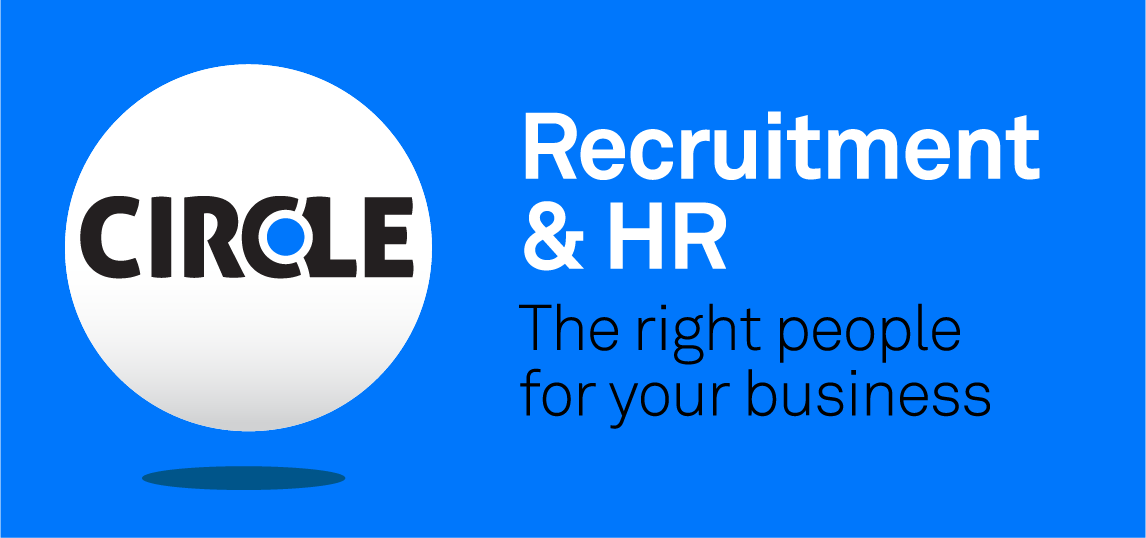Mindfulness is the latest ‘buzz’ word, but what does it mean – does it have any relevance to the workplace?
The answer is yes!
Mental health issues and depression have a huge effect on the workplace through chronic absenteeism, lower productivity and loss of morale. The issue is, that some stress, felt by individuals can be huge, like for example when Mick Fanning was on his surfboard and saw the sharks fin behind him. Now that would be one big stress! In times of large stress, our bodies can react in a number of different ways, we might experience the ‘fight or flight response’, our heart rate may increase, we may sweat profusely, we may experience a dry mouth, we can become depressed or anxious. Often at times of great stress we can engage in strong actions to alleviate that stress – like Mick Fanning would have thrashed about in the water to fend of the shark and would have paddled like hell!
The problem is that life is also made up of many little stressors such as uncertainty, relationship issues, workplace problems, anxiety, social events, time management and the list goes on. We often do not have the opportunity to release this stress through a large physical action (like punching a shark) so these stressors may build up, within us.
Mindfulness teaches us that the default state of the brain, is one of constant action and thought. We cannot turn our brain off. We are always thinking of a million things including work, family, friends, what to have for dinner, the problem with your neighbour, how to fit your haircut in, what the garden needs, when to wash the car etc. etc. etc! We cannot stop these thoughts, neither can we stop the stressors in life. The problem is that we stop focusing on what we are doing or the task at hand, and instead focus constantly on that barrage of thoughts, information and stresses.
Harvard University ran some research, demonstrating that people are actually happier when they are fully engaged in the task at hand, rather than thinking about a variety of different thoughts. If we could keep our mind from wandering, and keep ourselves connected with the moment, we will be happier and more effective.
It is about voluntarily bringing back wandering attention – paying attention to the present in a particular kind of way; being in the present moment.
Integrating mindfulness at work assists us to complete tasks more efficiently, deal with people better and cultivate the types of outcomes we are looking for.
It can be helpful to use the wave analogy – Imagine you are standing in the surf. You can never stop the waves from rolling towards you – each wave is going to hit you, there is nothing you can do about that. Think of the waves as life’s constant distraction, annoyances and stresses – they are never going to stop coming at you. We cannot stop them.
The only thing we can do is change our reaction to them. In order to do that, we must acknowledge them. The wave has hit – perhaps it has left you feeling sad, angry, uptight, stressed? Acknowledge how you feel – yes, I feel sad, angry etc. The wave has hit, nothing I can do about that – let it wash over me… now how do I choose to react?
This method of working with life (and work) problems, enables us to do more than the standard responses most people make to stress – venting; silence and isolation, avoidance, internalising, self-harm, eating or not eating, consuming drugs, alcohol, burying your head in the sand or in worst cases violence. Instead, try visualising the wave hitting you, acknowledge its existence – don’t try to hide it. Acknowledge how it has made you feel – image the stress washing over you like water – you cannot stop it – now that it is gone, think about how you will react to it.
Remember we can’t stop the waves, but we can change our reaction.
So how does this improve our business? If you are the owner, CEO or MD, this can assist you to be more focused, deal with more issues and remain calm with less stress.
Roll this thinking out to your team to assist them to be more productive, more focused and less stressed. Call CIRCLE Recruitment & HR to run a workshop for the team on Mindfulness.
Reducing burnout, stress and anxiety at work, can reduce mental health issues, promote happier individuals and reduce absenteeism… Ahhh I feel calmer just even writing about it.
Important Note: These articles have been prepared for general circulation and are circulated for general informational purposes only; these articles should not be regarded as business or investment advice. The articles represent the views of the writers and are subject to change without notice. Additionally, while every care has been taken in the preparation of the articles no representation or warranty as to accuracy or completeness of any statement is given. An individual or organisation should, before any business or investment decision is made, consider the appropriateness of the information in this document, and seek professional advice, having regard to objectives, situation and needs. This document is solely for the use of the party to whom it is provided.

